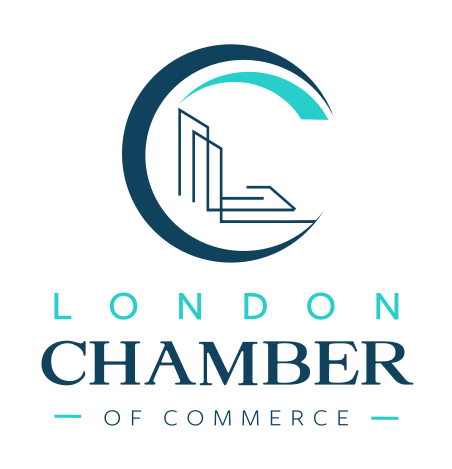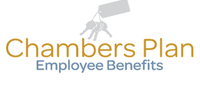Our Indigenous Engagement report outlines an engagement process commissioned by the London Chamber of Commerce with the Indigenous community in London, Ontario. The report is a testament to our commitment to fostering meaningful connections with the Indigenous community in London, Ontario. Developed in collaboration with consultants from Kiinew Kwe and Senomi Solutions Inc., this report outlines a carefully crafted engagement strategy that involved Indigenous Elders, community leaders, business owners, and community members. Together, we have responded to the Truth and Reconciliation Calls to Action for businesses and corporate organizations.
This guide, informed by the insights gained through our engagement process, is designed to empower Chamber members in their pursuit of individual and collective responsibility in responding to the TRC Calls to Action.
A note from our CEO, Graham Henderson
For the past two years, the London Chamber of Commerce has been engaged with local indigenous community members as we begin our journey toward reconciliation and fulfillment of our moral obligations pursuant to the Calls to Action of the Truth and Reconciliation. This has been a process that necessarily takes time because as a settler-led business organization, we have had to earn the trust of the local Indigenous community. And, as you will see from the Indigenous Engagement Report, we do not have a good history in this regard and there is much work to be done.
A Report published by the Ontario Chamber of Commerce contained some extremely troubling data. According to the study, "Twenty-one percent of all businesses say they have not adopted any reconciliation measures at all, and 31 percent don't know or feel it does not apply to their organizations.". Those that ARE undertaking reconciliation activities are limiting them to "Land Acknowledgements, attendance at Indigenous community or business events, and sharing educational resources with staff". Efforts directed at economic reconciliation lag far, far behind, and barely register. Economic reconciliation is where we need to be - now The Report also demonstrates that staff training is almost exclusively focused on personal/individual reconciliation and is not addressing systemic or structural issues.
8 years on from the publication of the Truth and Reconciliation Commission's Report, we seriously have to pause and reflect on these statistics. And we have to consider what we can do to fix this. In order to do our part and to assist local businesses, we realized that the Chamber had a role to play. We needed to commission an Indigenous Community Engagement report.
We retained the services of two consultants, Kiinew Kwe and Senomi Solutions Inc., to do this. The methodology is clearly set out in the report, so I will not dwell on it. But the goal was to produce a report that takes stock of where we have come from and where we need to go. You will see that it includes an appendix of best practices recommendations aimed both at local businesses and Chambers of Commerce across the country. A year and a half in the making, we are proud to be able to publish this report on the National Day of Truth and Reconciliation.
For the London Chamber, the report and the ongoing engagement has provided clear directions, many of which we have already enabled. For example, Land Acknowledgements that are clearly performative are actually triggering, according to our study, for many Indigenous people. As a result of this, our Land Acknowledgements have changed. While we continue to acknowledge that we live, work, and play on stolen land, we engage the audience in different ways. At our State of the City last year, we invited Dan and Mary Lou Smoke to provide what they called an Indigenous 101 for the attendees. At our Business Achievement Awards this year, I focused on getting local businesses to use the Economic Tool Kit prepared by the Southern First Nations Secretariat. We promoted their Job Bank and the Business Directory with a plea to "Hire Indigenous" and "Buy Indigenous". Late last year we also published "Shared Waters," a book that focused on our shared heritage in the region and also promoted indigenous businesses and challenged settler-led businesses in the community to reflect on their own paths to reconciliation.
The Chamber has much to do. We have another exciting partnership soon to be launched with NoKee Kwe - watch for it on our website. It is our hope that other Chambers across the country will have a look at this report and consider what they might do to assist the business community in fulfilling its moral duties in response to the Calls to Action. We will be doing the same. We also welcome thoughts, input, criticism, and ideas.
The time for acknowledgment is slipping into the past, the time for action is NOW.

